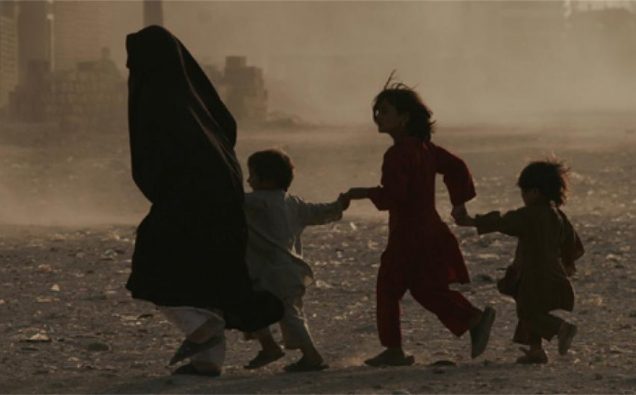
As fighting between the Taliban and the Afghan government forces threatens to spread to all parts of the country, South Asian and Central Asian capitals and scholars fear a repeat of the 1990s-like descent in Afghanistan, when ethnic groups fought endlessly during a bloody civil war.
The fighting continues to escalate as US-led international forces leave the country after two decades of engagement that started soon after the 9/11 terror attack perpetrated by the al-Qaeda militants who operated out of the landlocked country.
Aidai Masylkanova, a visiting fellow at Harvard University, recently warned against the country’s free fall, holding its leaders responsible for the chaos, and the nation-building opportunity lost during the last two decades.
In a piece in the Washington-based magazine The Diplomat, Masylkanova said the Afghan leaders had enough time to transform their country.
But, she says, the leader did nothing much except indulging in “rapacious corruption.”
“Despite all of the hand-wringing and finger-pointing in Kabul amid the looming crisis, Afghan leaders have had more than enough time and resources to have transformed their country and undercut the Taliban’s appeal and ideology,” she writes.
Ms. Masylkanova, who served as a political officer in the U.N. Mission in Afghanistan (UNAMA) in 2012-2013, explained her point this way:
“For a small nation that has gotten more than a trillion dollars of military and economic support, its leaders have little to show except for continuing and rapacious corruption.”
In the piece titled ‘Afghanistan, Deja Vu All Over Again’ Ms. Masylkanova, a Kyrgyz national, notes that as the landlocked country reverts to tribalism, its future as a nation is indeed bleak.
She recalls her previous article entitled “Is Afghanistan a Sinking Boat? Anxiety about U.S Withdrawal 2014,” saying she saw the panic among the local population, especially the ethnic minorities such as Hazaras, Tajiks, and Uzbeks who feared that they would be targeted again by the Taliban once U.S forces began drawing down in 2014.
“The Afghan generals I interviewed were pessimistic too. They expected that the Taliban would most likely take over the country as soon as the foreign forces departed. Women feared that all the gains achieved since 2001 would be lost, sentiments shared by human rights activists.
“That was eight years ago. The latest news on Afghanistan inspires a strong sense of deja vu.”
The scholar looks at the current situation, saying the Taliban are on a strategic offensive, taking over townships and controlling key transportation routes and encircling Kabul, causing an unprecedented deflation of morale in the ranks of the Afghan military and police.
“All the people I interview for this piece agreed that there will be a power struggle between the government forces and the Taliban before any rebuilding process could start if one ever starts at all. Rebuilding requires peace, capacity, and skilled people, almost all of which are now hemorrhaging from the country.”
In its defense, President Ashraf Ghani’s government in Kabul says it is resolved to take back the Taliban-held areas and blames foreign interference for the rapid advance of the militant group that took over the country in the 1990s civil war.
But international experts have questioned Kabul’s inability to push forward the peace process with the Taliban even in the face of the clear-cut withdrawal schedule of the international forces.
Meanwhile, the U.S. forces are departing Afghanistan to complete the withdrawal by August 31, almost exactly 20 years after the war. President Biden has said his administration would continue to support Afghanistan, but American experts and officials have also reminded Kabul of its responsibility to address the country’s problems.
Over the last two decades, the U.S. has spent billions of dollars to develop Afghanistan from scratch after decades of wars and conflicts and lost thousands of soldiers in the fight against terror groups.
















